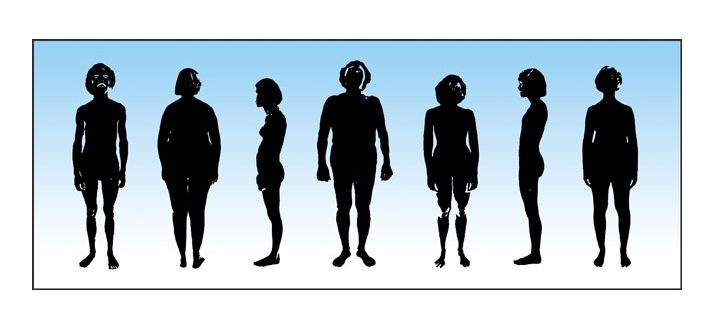Training in BA and TRE
Training in Bioenergetic Analysis consists of two phases: pre-clinical and clinical. The process of completing these two phases will generally take five years

Training in Bioenergetic Analysis consists of two phases: pre-clinical and clinical. Individuals will be encouraged to progress through the program at their own rate. The process of completing these two phases will generally take five years. Training is both experiential and didactic in mode. While the specifics of each training program vary slightly, reflecting cultural and professional norms around the world, all training in Bioenergetic Analysis is affiliated with and conducted under the direct supervision of the International Institute for Bioenergetic Analysis, offering a professional training program leading to certification as a bioenergetic psychotherapist.
Pre-Clinical Phase
Training in this phase includes:
- an in-depth study of the theory of Bioenergetic Analysis including an understanding of the energetic process and character, and the ways they are represented in the body and the defensive structure of personality. Participants will be encouraged to explore their own energetic process and character structure as well as those of others. Having completed phase one successfully gives the permission to lead Bioenergetic exercise classes.
- leading a Bioenergetic exercise class
- basic readings of the work of Reich, Lowen, Berceli, Levine and others.
Clinical Phase
Training in this phase includes:
- a study of the bioenergetic therapeutic process and character analysis with particular emphasis on transference and countertansference.
- clinical work with clients under supervision in individual or group sessions. To satisfactorily complete the program, a minimum of 50 hours of acceptable supervision is required.
Personal Therapy
Becoming a bioenergetic psychotherapist necessitates understanding one’s own energetic process and characterological problems. Generally, applicants for certification are expected to be involved in their own bioenergetic therapy for a minimum of 140 hours with a certified bioenergetic therapist who is acceptable to the training committee.
Supervision
Certification as bioenergetic therapist involves extensive supervision. Group, individual and in vivo supervision provide the bioenergetic trainee with extended opportunities to refine and enhance his/her work with clients. Issues of theory, technique, intervention, transference and countertransference are addressed in the course of supervision during the final three years of training.
Certification
Certification will be granted by the individual training committee which will evaluate each trainee’s readiness in three areas: personal therapy, supervision and satisfactory completion of the two phases of training.
Auditing
A limited number of individuals who wish to participate in phase one of the training, who are not eligible for certification, may be accepted into the training program as auditors. Having completed phase one successfully gives the permission to lead Bioenergetic exercise classes.
Faculty and Training Committee
All trainers in Bioenergetic Analysis have successfully completed all requirements for becoming a certified bioenergetic therapist, a bioenergetic supervisor and a bioenergetic trainer. Many have also completed the requirements to become an International Trainer in Bioenergetic Analysis.
